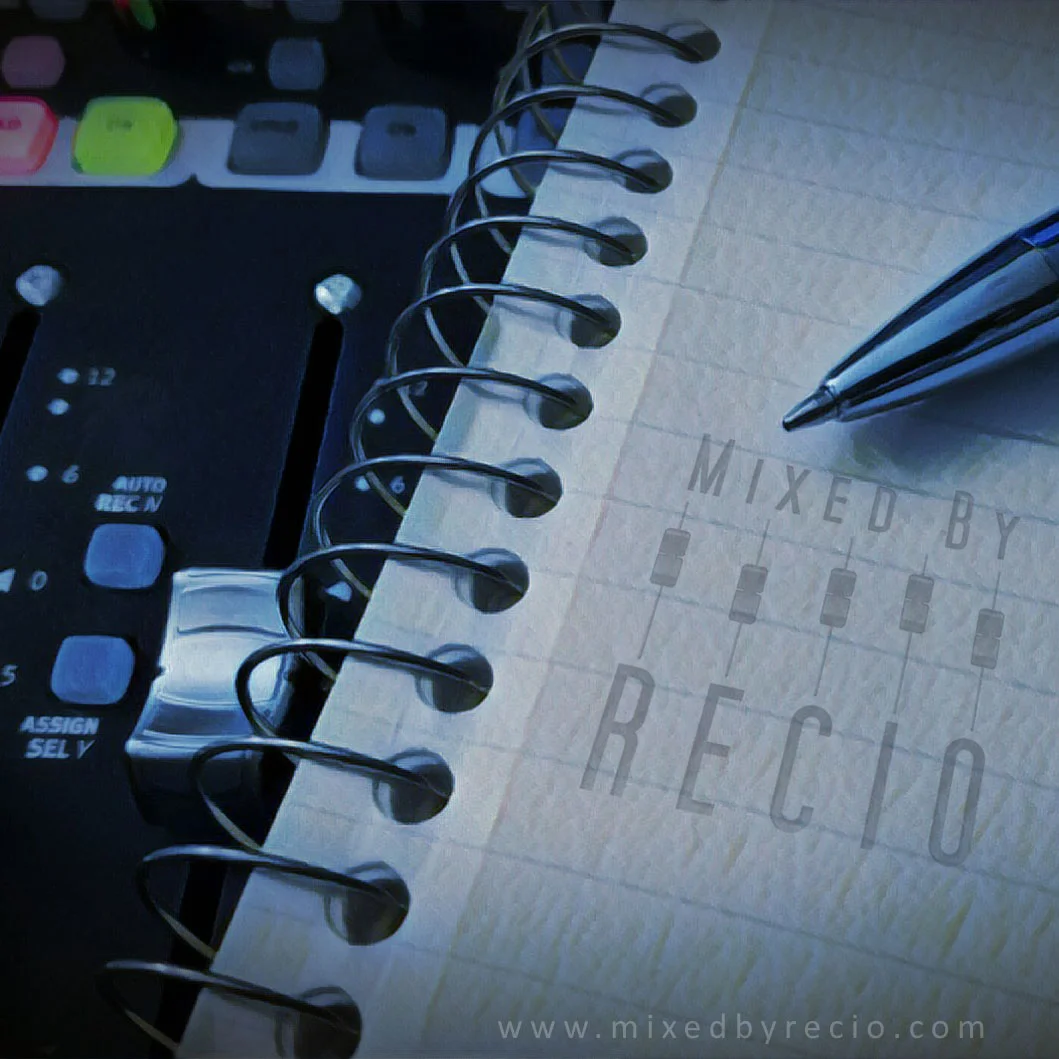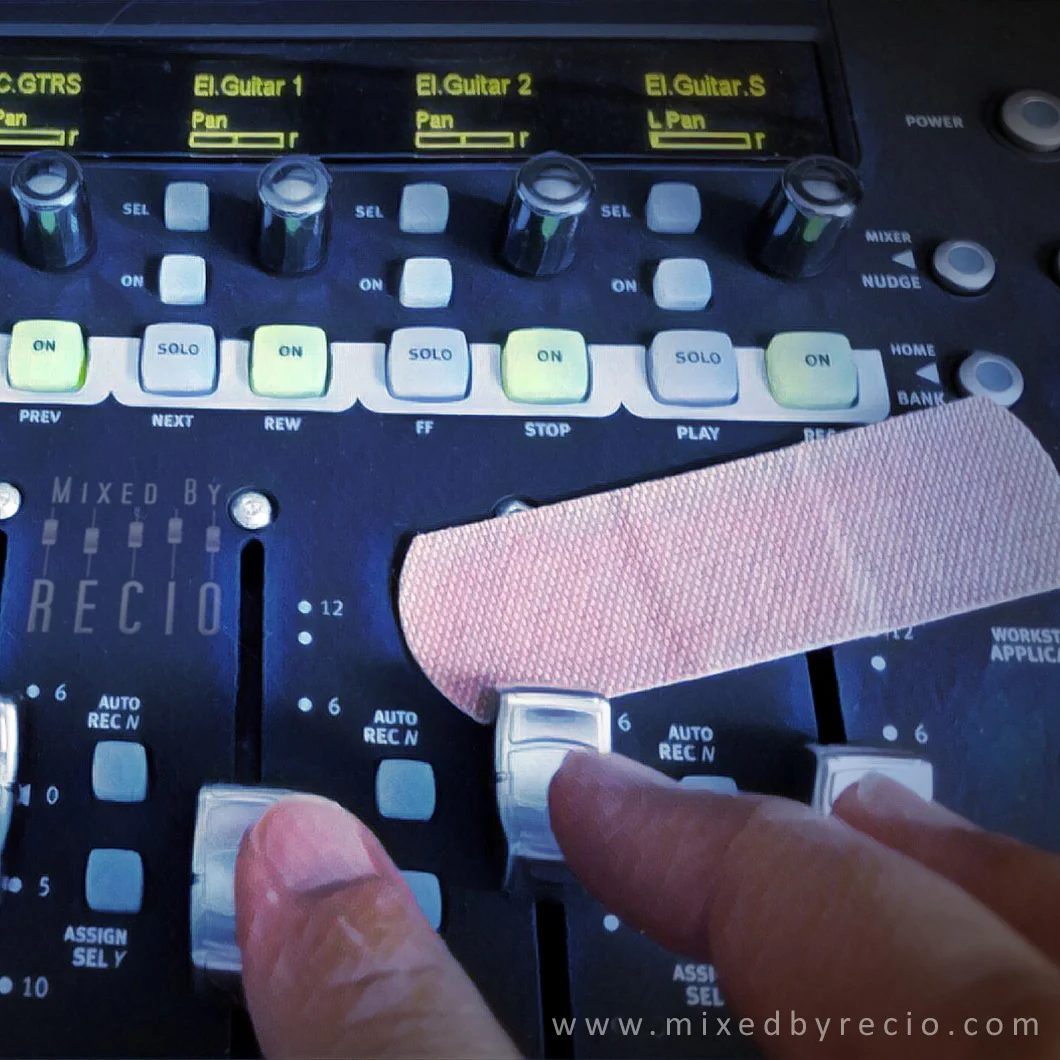
Few people ever sit down to intentionally write, record and release a hit song by choice. Some of it is determined by your talent, effort, vision, or muse. Much of it is determined by what your audience connects with, but a lot of it is determined by luck and plenty of other things out of your control.
If you knew ahead of time how successful each new song was going to be as you were writing it, would you stop working on it?
By no means should you ever be compelled to release something you’re not happy with. At the same time, don’t let some preconceived expectation of success stop you from finishing a song.
We can't decide which new song will be a hit but we can decide to finish the journey to see where it takes us.
When you can write without worrying about the outcome, you free yourself from any restraints or expectations and can simply create something new and unknown.
New and unknown is almost always more compelling than "more of the same"
We create art, not widgets off an assembly line. Our music shouldn’t be based on a standard blueprint that results in thousands of identical items.
Once upon a time, we released full albums. The strongest songs were released as singles to promote sales of the full collection of work. As things have evolved, there's been a significant shift towards the release of individual songs as the de facto model instead. This creates added pressure to make each song really stand on its own. As a result, we too easily scrap or shelve a lot of decent song ideas because we just don't think they're "good" enough to be a hit single.
We misplace every song’s value solely on its outcome, not its inspiration or creation.
Like baseball, we can find ourselves constantly swinging for the fences to achieve that one glorious home run. We can often strike out as a result and we miss an important lesson here: that a string of solid base hits often wins the game and is much more easily sustained.
Is your goal to be the one-hit wonder or to be an artist that has continued success over the long haul?
Like many audio engineers, I often use reference tracks when I mix and master. They help calibrate my ears to what "good" sounds like. Not all of these songs were hit records or were released by major artists. Some were deep cuts, others became rarely remembered bonus or filler tracks—but what they all have in common is that they all sound damn good, both sonically and musically. I'm familiar with them and I know them well, having heard them once and then wanted to hear them again. And again.
And isn't that the real goal—to make music that someone will hear and then want to hear again and again?
If I can help you finish your next project, please reach out. I'd love to hear what you've been working on. Tell me about your music!
Whenever you find anything of value here, please share it via social media and within your music-making circles.
Please subscribe
get thoughts on music-making & making music thoughtful
we respect your privacy
I’ve launched a new series of Getting Started videos to support anyone who wants to record their music but may not even know where to begin. Start with what you have before investing more time & money; you can scale your efforts as your musical goals change & budget allows.
I've written an interactive eBook to introduce the basic steps you'll need to complete if you really want to finish your new song, record it, and have it released to your audience.Best thing is, IT'S FREE! No gimmicks. It's simply my gift to you for being a music-maker.
I've posted a short video showing how you can quickly get your phone or tablet set up for recording your voice and instruments onto individual tracks that can then be easily shared and downloaded across multiple platforms. Get started making more music, more often!
































This video shows how to export individual multitrack files from iOS GarageBand and includes steps for converting MIDI tracks to audio.